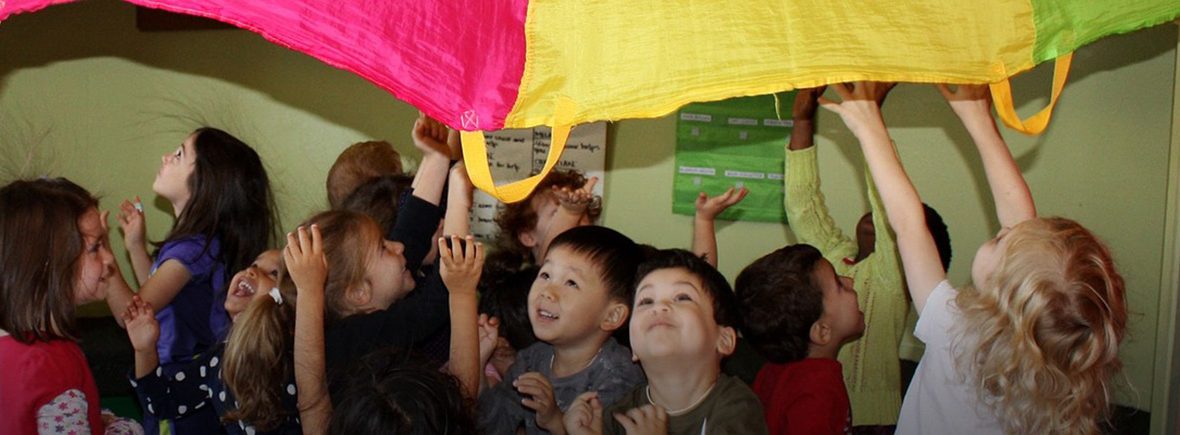Multilingualism provide opportunities and advantages in learning and social interaction. The benefits of knowing more than one language can be seen in the developing brain and in sensitivity to the perspective of others. By encouraging interdisciplinary dialogue, the aim is to co-create evidence-based methods of instruction and intervention for multilingual language and literacy development. So far, discussions have focused on literacy transfer between languages, family learning and continued vocabulary growth in relation to Gaelic Medium Education, EAL support and the 1+2 approach to language learning.
In the videos below, researchers share their work on developing and enhancing early language:
Introduction
Lynne Duncan, Psychology, University of Dundee
[arve url=”https://youtu.be/tImfKhZBRT0″ parameters=”rel=0&start=15&end=497″]
“Teachers’ beliefs about meeting the literacy needs of pupils learning English as an additional language”
Yvonne Foley, Education, University of Edinburgh
Yvonne is Head of Institute for Education, Teaching and Leadership at the University of Edinburgh.She has worked as a teacher educator for over twenty years in the field of English as a second/additional language in Taiwan and across the UK. Her research focuses on the development of literacy for pupils from linguistically and culturally diverse backgrounds, with a particularly interest in the roll of teacher education in promoting social, cultural and linguistic inclusion. She co-directs the Centre for Education for Racial Equality in Scotland (CERES), and currently serves as an Executive Committee Member of the National Association for Language Development in the Curriculum (NALDIC) in the UK.
[arve url=”https://youtu.be/pOl0-9wgO7k” parameters=”rel=0&start=14″]
“Bilingualism and (bi)literacy: myths, facts and challenges”
Antonella Sorace, Bilingualism Matters/University of Edinburgh
Antonella is Professor of Developmental Linguistics at the University of Edinburgh. She is a world leading authority and has published widely in the field of bilingual language development, where she brings together methods from linguistics, experimental psychology, and cognitive science. She is the founding director of the information centre Bilingualism Matters, which currently has 19 branches in 10 European countries and in the US.
[arve url=”https://youtu.be/sBevxoQ9Er8″ parameters=”rel=0&start=28″]
“Early reading in languages other than English: similarities, differences and transfer”
Lynne Duncan, Psychology, University of Dundee
Lynne is a Reader in Developmental Psychology within the School of Social Sciences, University of Dundee. Her research takes a “cross-linguistic” approach with the aim of understanding how the features of different spoken and written languages constrain the growth of knowledge about reading, spelling and phonological awareness during first (L1) and second (L2) language acquisition. Details of her research can be found here: www.languageandlearninglab.org
[arve url=”https://youtu.be/r-9ljKBl6sE” parameters=”rel=0″]
“Multi-contextual vocabulary instruction for children learning English as an additional language”
Claudine Bowyer-Crane, Education, University of York
Claudine is a Senior Lecturer in Psychology in Education at the University of York. Claudine has been involved in a number of projects designing and evaluating language programmes, including the Nuffield Early Language Intervention, recently evaluated by the EEF and available through Oxford University Press. More recently she has been exploring reading and language development in children learning English as an Additional Language.
[arve url=”https://youtu.be/I90aLajwkiY” parameters=”rel=0″]

